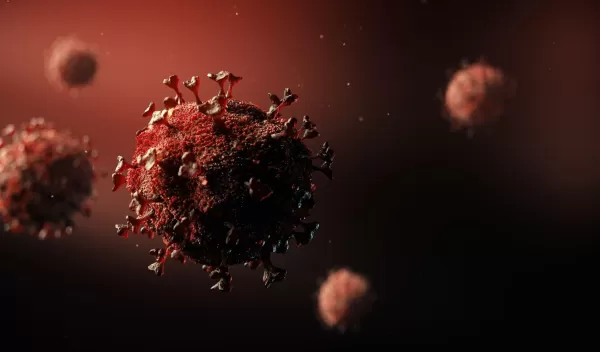
Researchers use machine learning to predict heart damage in COVID-19 victims
Using machine learning, scientists are working to identify which COVID-19 patients are at risk of adverse cardiac events such as heart failure, sustained abnormal heartbeats, heart attacks, cardiogenic shock and death.
Increasing evidence of COVID-19's negative impacts on the cardiovascular system highlights a great need for identifying COVID-19 patients at risk for heart problems, the researchers say. However, no such predictive capabilities currently exist.
The Johns Hopkins University scientists recently received a Rapid Response Research grant from the National Science Foundation for the work.
"This project will provide clinicians with early warning signs and ensure that resources are allocated to patients with the greatest need," says Natalia Trayanova, the project's principal investigator.
The first phase of the project will collect data from more than 300 COVID-19 patients: ECG, cardiac-specific laboratory tests, continuously-obtained vital signs such as heart rate and oxygen saturation, and imaging data such as CT scans and echocardiography. The data will be used to train the algorithm.
The researchers will then test the algorithm with data from COVID-19 patients with heart injuries. The hope is to create a predictive risk score that can determine up to 24 hours ahead of time which patients are at risk of developing adverse cardiac events.
For new patients, the model will perform a baseline prediction that is updated each time new health data becomes available.
As far as the researchers are aware, their approach will be the first to predict COVID-19-related cardiovascular outcomes.
The project will shed more light on how COVID-19-related heart injury could result in heart dysfunction and sudden cardiac death, critical in the fight against COVID-19. The research will also help clinicians determine which biomarkers are most predictive of adverse clinical outcome.
